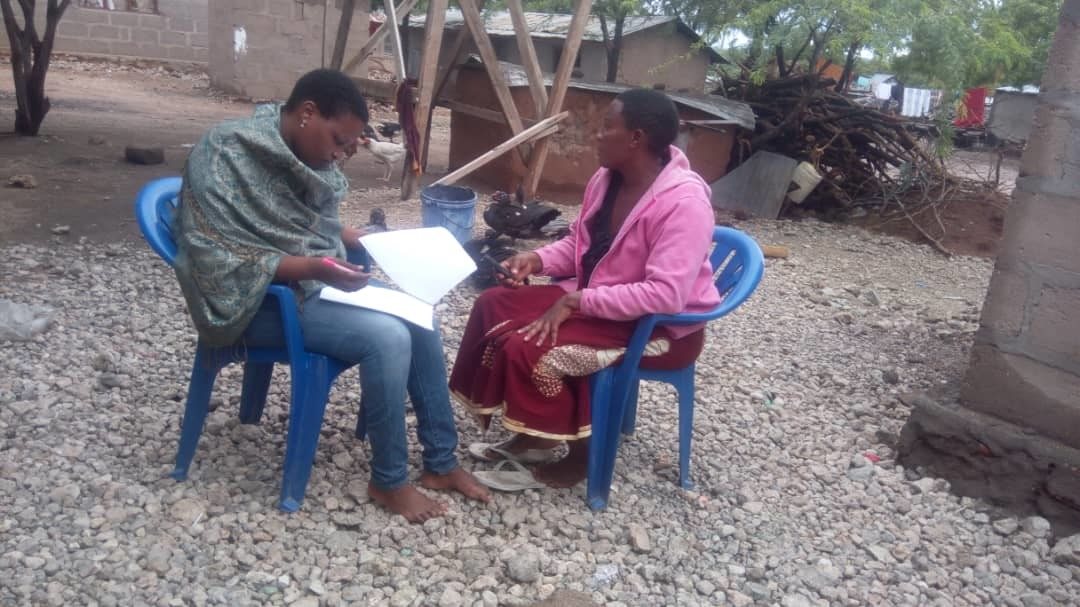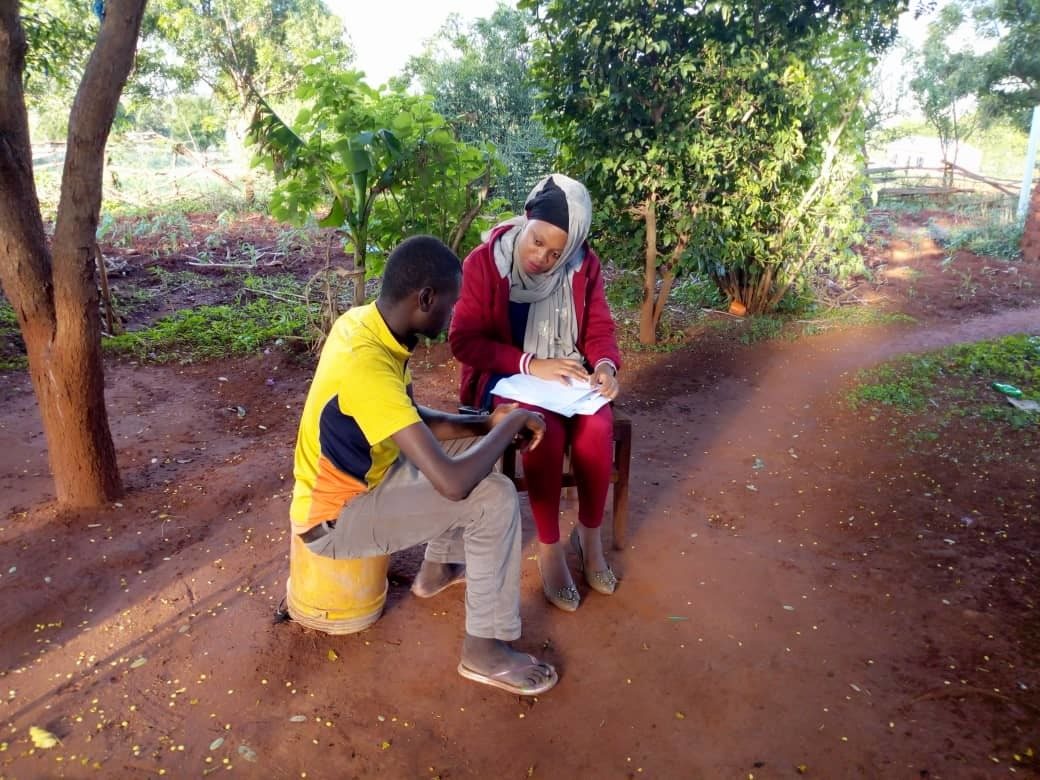Overcoming distance when digitizing informal savings groups
For more information, please contact:
Paul Damocha, Financial Inclusion Jr Specialist paul.damocha@uncdf.org
Anna Ferracuti, Programme Coordinator, Financial Inclusion anna.ferracuti@uncdf.org
Tags

Key finding 1: Agent banking is more appropriate than mobile money for linking informal savings groups to banks, due to the difficulties around validation for the latter. Mobile money is appropriate for individual accounts however.
Key finding 2: Information is key in providing pathways for digitizing informal savings groups. Despite agent banking and mobile money being commonplace, savings groups are often reluctant to use them to interact with banks if they don’t know exactly how it works.

Despite recent increases, financial inclusion in rural Tanzania remains exceptionally low, with 43.3% of rural inhabitants relying on informal financial services or no services at all. Of those with access to formal financial services, the dominant service remains mobile money, with only 8.6% of rural inhabitants having access to a bank account (data from FinScope Tanzania 2017). In this context, informal savings groups, for example village savings and loan associations (VSLAs) and village community banks (VICOBAs) provide vital access to credit, savings, and informal insurance facilities. However, their informal nature renders these groups prone to loss and theft, and unable to access the capital required to support large, transformational investment.
With this in mind, UNCDF Tanzania has partnered with Care International and Mwanga Community Bank (MCB) since 2013 to provide a link between these informal savings groups and MCB. This partnership led to the development of the Wekeza account, which provides a group savings facility for informal savings group, with the potential to access group level credit. This account offered a pathway to formal financial inclusion for the otherwise excluded, providing safety for group funds, extra capital, and data-based identity for members.
The main difficulty for linking informal savings groups to banks is the distance between the two, and the cost (direct and opportunity cost) of travelling to make deposits and withdrawals. To this end, in early 2019, MCB and the Busara Center for Behavioral Economics1 together explored how to overcome this difficulty and provide easy-access withdrawals and deposits for informal savings groups. The potential of two main methods for doing so were explored: agent banking, and mobile money services.
MCB and Busara carried out qualitative research with 52 savings groups (both Wekeza customers and non-customers) across 7 segments on how they used the account. Conducting segmented research ensured that a diverse range of experiences were seen. MCB and Busara also spoke to MCB agents and community-based trainers (CBTs) to understand supply side functionalities.
Through one-on-one interviews and focus group discussions, MCB and Busara gathered two core insights.
The first insight was that while mobile money has been instrumental to driving financial inclusion in rural areas, verification and trust issues have limited its potential for supporting informal savings groups to become banked. Currently available verification procedures are either too complex for savings groups (e.g. mobile banking), or not trusted by savings group members (e.g. single signatory withdrawals).
While technological solutions have the potential to solve these issues (e.g. through multiple verification withdrawals), these are not readily available. In contrast, agent banking has high potential to offer trusted and low-cost bank services in rural areas. Most savings group trusted agents, and are happy with available withdrawal and deposit techniques.
The second insight was the importance of information on how bank linkages work for informal savings groups. While savings groups are keen to explore new options, without clear, concise information, they struggle to understand the purpose and functionality of a group savings account, and how agent banking and mobile money works.
Building on these findings, MCB, UNCDF and Busara together designed a set of prototype solutions for the Wekeza account, from IVR information provision to new education curricula. These were then taken to Wekeza customers to validate and iterate, ensuring that the solutions were designed with the end user in mind. Next, these will be rolled out to tackle key barriers to informal savings group linkage and bring more financially excluded people into the formal financial system.
1. Supported by UNCDF Tanzania↩